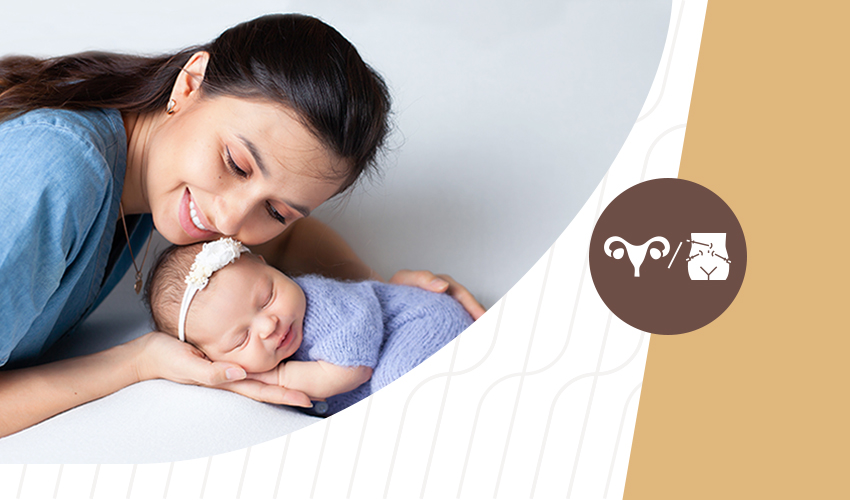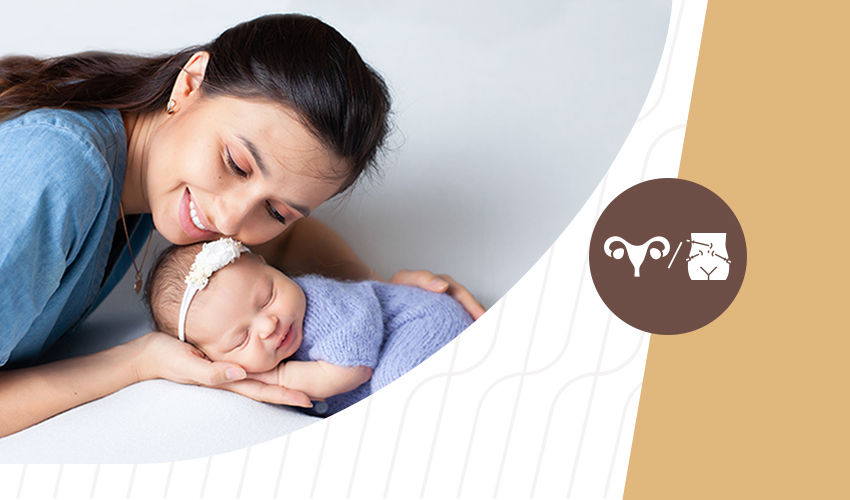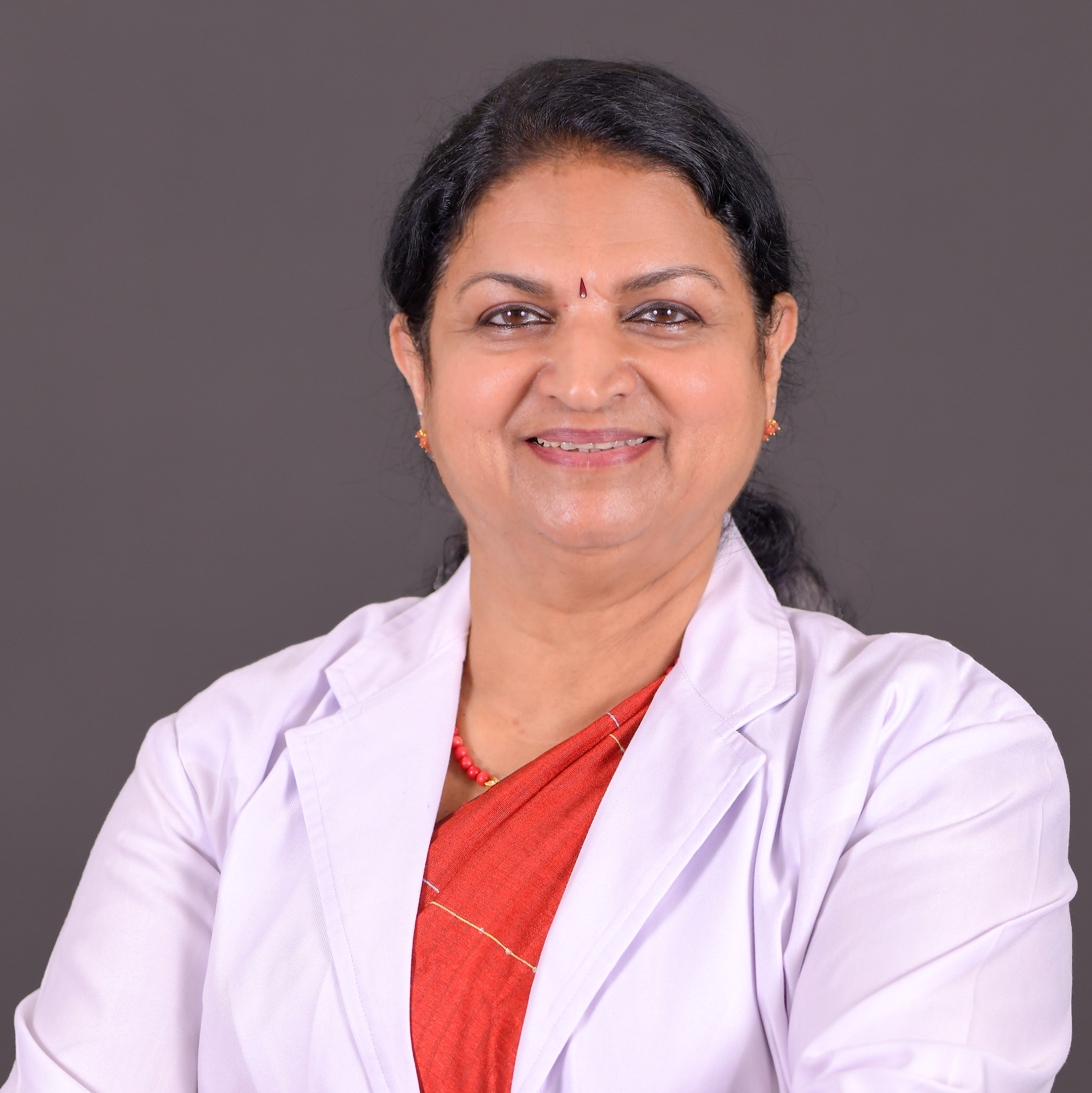- Our Doctors
- Our Specialities
Centres of Excellence
-
 Centre for Blood Diseases, BMT & Cancer Immunotherapy
Centre for Blood Diseases, BMT & Cancer Immunotherapy -
 Centre for Bone, Joint & Spine
Centre for Bone, Joint & Spine -
 Centre for Critical Care Medicine and ECMO Services
Centre for Critical Care Medicine and ECMO Services -
 Centre for Gastrosciences
Centre for Gastrosciences -
 Centre for Heart & Vascular Care
Centre for Heart & Vascular Care -
 Centre for Nephro-Urosciences
Centre for Nephro-Urosciences -
 Centre for Neurosciences
Centre for Neurosciences -
 Centre for Obstetrics and Gynaecology
Centre for Obstetrics and Gynaecology -
 Centre for Organ Transplantation
Centre for Organ Transplantation
Super Speciality
-
 Advanced Diagnostic and Interventional Radiology
Advanced Diagnostic and Interventional Radiology -
 Anesthesiology & Pain Management
Anesthesiology & Pain Management -
 Clinical Nutrition and Dietetics
Clinical Nutrition and Dietetics -
 Dental and Maxillofacial Surgery
Dental and Maxillofacial Surgery -
 Dermatology
Dermatology -
 Emergency and Trauma
Emergency and Trauma -
 Endocrinology and Metabolic Disease
Endocrinology and Metabolic Disease -
 ENT and Head & Neck Surgery
ENT and Head & Neck Surgery -
 Family Medicine
Family Medicine -
 General and Laparoscopic Surgery
General and Laparoscopic Surgery -
 General Medicine
General Medicine -
 GI Onco Surgery
GI Onco Surgery -
 GI Oncology
GI Oncology -
 GI Surgery, Advanced Laparoscopy and Gastro Oncosurgery
GI Surgery, Advanced Laparoscopy and Gastro Oncosurgery
-
- Key Procedures
- Our Hospitals
- International Patient
- Contact us
-
Quick Links


Gynaecology
Gynaecology is a medical field associated with the science of the reproduction system involving different phases of a woman’s life, like adolescence, reproduction, menopause, and so forth. A gynaecologist also has expertise in dealing with the bowel, bladder and urinary system.
Meitra provides coordinated care for general gynecologic services for women of all ages, from yearly examinations and screenings to highly specialized procedures. Gynecologic problems can surface at any age, from birth through adulthood, for the diagnosis and treatment of conditions such as abnormal bleeding, birth defects, chronic pelvic pain, hormonal problems, uterine fibroids, endometriosis, loss of bladder control, pelvic floor disorders, infertility, gynaecological cancers and adolescent gynaecology.
Our staff is especially compassionate and skilled in helping parents understand that gynecologic problems are not outgrown – they must be addressed and treated. Our broad spectrum of services includes preventive health, advanced diagnostics with Pap tests, endoscopic examinations, colonoscopy, medical management and therapeutic interventions such as laparoscopic surgery.
.
.
Conditions and Treatments
Uncompromised healthcare services. Always.
Meet Our Doctors
Experienced medical professionals for a superior patient experience.
Dr. Reshma Rasheed
Associate Consultant
Centre for obstetrics and gyna...
View Profile Book an AppointmentFrequently Asked Questions
How do I prevent osteoporosis?
Your skeleton continues to grow until you are almost 30. During this time, calcium and exercise are your best bets for increasing the density of your bones. Calcium 1200 mg a day and regular weight bearing exercises 3-5 times a week is recommended. If your diet doesn’t include dairy or other calcium rich foods, taking a calcium supplement with 400 IU of vitamin D daily is needed. Stay away from too many carbonated drinks as it can remove calcium from your bones. The above holds true as a woman ages to prevent bone loss. After menopause, women need to increase their calcium to 1500 mg a day and continue with regular exercise. We would suggest visiting a doctor for accurate advice as per your condition.
What’s your best advice on feminine hygiene?
A healthy vagina needs the same hygienic attention as any other part of your body. Between urine, sweat and being so close to the anus, cleaning up the area is critical to prevent dirty bacterial buildup that can lead to infections, and to avoid the offensive odors that develop throughout the day. Using water and soap on the vagina is safe, and recommended if the soap is pH correct.
What is a Pap smear?
A Pap test (also known as a Pap Smear) is a test for cervical cancer. It is one of the most important gynecology tests a woman should have on a regular basis to keep healthy. In an examination room, the doctor gently swabs a tiny sample of cells from the patient’s cervix (the opening of the uterus). The sample is then sent to a lab to test for any abnormal cells. Abnormal cells do not mean the patient has cervical cancer, but further tests may be needed.

 +91 9393 108 108
+91 9393 108 108
































































